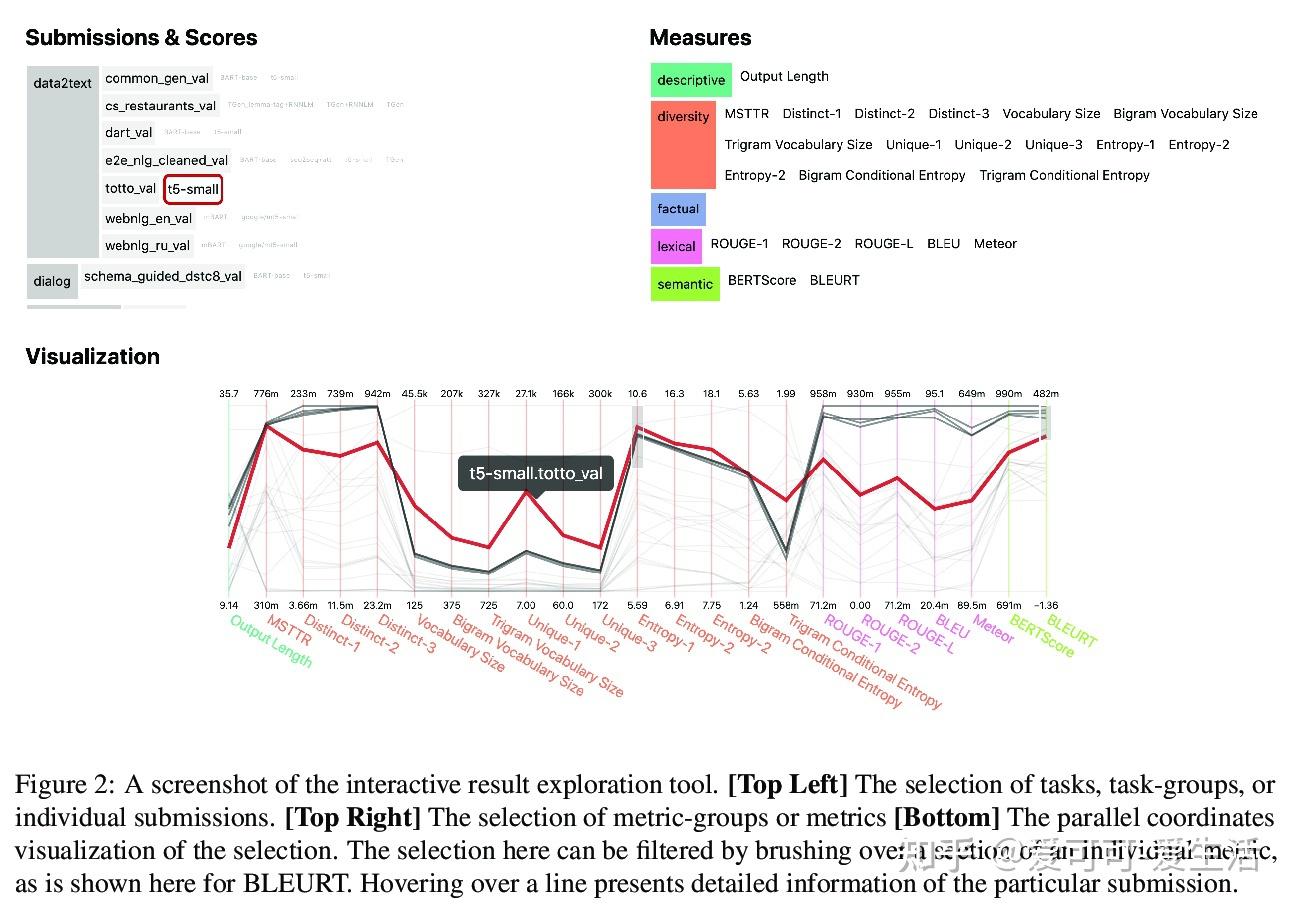Understanding AFR Loan Rates: How They Impact Your Borrowing Decisions
#### What are AFR Loan Rates?The **AFR loan rates**, or Applicable Federal Rates, are the minimum interest rates set by the IRS for loans between related pa……
#### What are AFR Loan Rates?
The **AFR loan rates**, or Applicable Federal Rates, are the minimum interest rates set by the IRS for loans between related parties. These rates are crucial for tax purposes, as they help determine the interest that must be charged on loans to avoid tax penalties. Understanding these rates can save you money and ensure compliance with tax regulations.
#### Why Are AFR Loan Rates Important?
AFR loan rates play a significant role in various financial transactions, especially in family loans, corporate loans, and estate planning. When you lend money to a family member or a business partner, the IRS requires that you charge at least the AFR to avoid potential gift tax implications. If the interest charged is below the AFR, the IRS may consider the difference as a gift, which could lead to unwanted tax consequences.
#### How Are AFR Loan Rates Determined?
The IRS publishes the AFRs monthly, and they vary based on the term of the loan. There are three main categories of AFRs:

1. **Short-Term Rates**: For loans with a term of three years or less.
2. **Mid-Term Rates**: For loans with a term between three and nine years.
3. **Long-Term Rates**: For loans with a term of more than nine years.
The rates are influenced by the economic environment, particularly the prevailing market interest rates. Therefore, it’s essential to stay updated on these rates, especially if you are planning to lend or borrow money.
#### How to Use AFR Loan Rates in Your Financial Planning

When engaging in any financial transaction that involves lending or borrowing, it’s crucial to consider the AFR loan rates. Here are some steps to effectively incorporate these rates into your financial planning:
1. **Review the Current Rates**: Check the IRS website for the latest AFRs. Knowing the current rates will help you set appropriate interest rates for your loans.
2. **Consult a Tax Professional**: If you are unsure about how to apply AFRs in your specific situation, consulting a tax advisor can provide clarity and ensure compliance with tax laws.
3. **Document Your Loans**: When lending money, ensure that you have a written agreement that specifies the interest rate charged. This documentation is vital in case the IRS questions the transaction.
4. **Consider the Tax Implications**: Be aware of the tax consequences of your loans. Charging less than the AFR could result in unintended gift tax liabilities.

5. **Adjust Your Rates as Necessary**: If you are making loans over time, be prepared to adjust your rates according to the changes in AFRs. This practice ensures that you remain compliant with IRS regulations.
#### Conclusion
Understanding **AFR loan rates** is essential for anyone involved in lending or borrowing money, particularly in personal and business contexts. By staying informed about these rates and their implications, you can make better financial decisions and avoid potential tax pitfalls. Always remember to document your loans and consult with professionals when necessary to navigate the complexities of tax regulations effectively. This knowledge can empower you to manage your finances more strategically and responsibly.